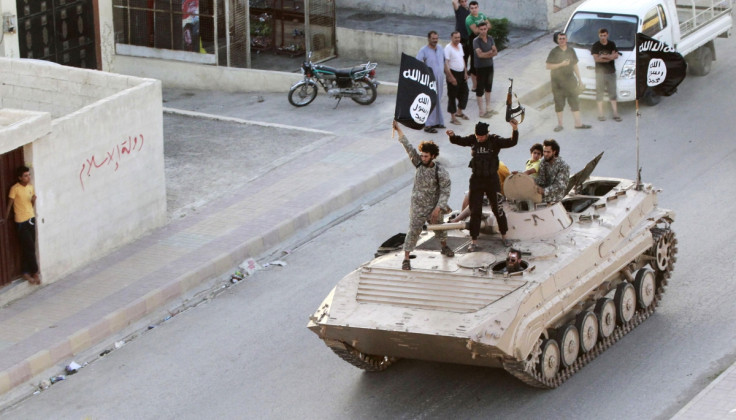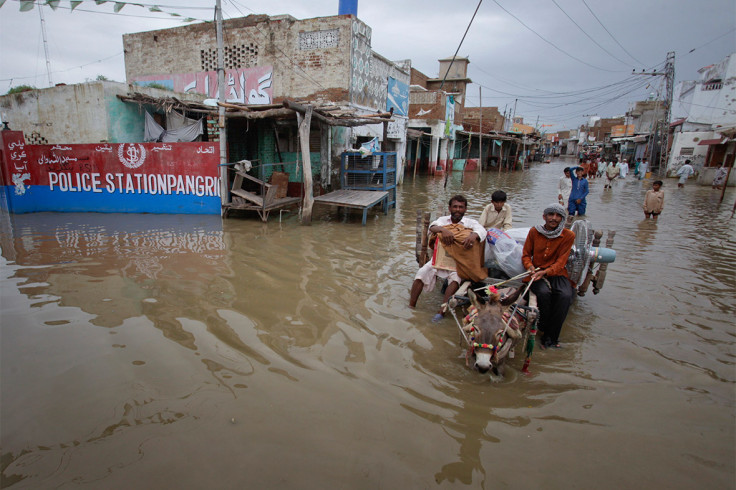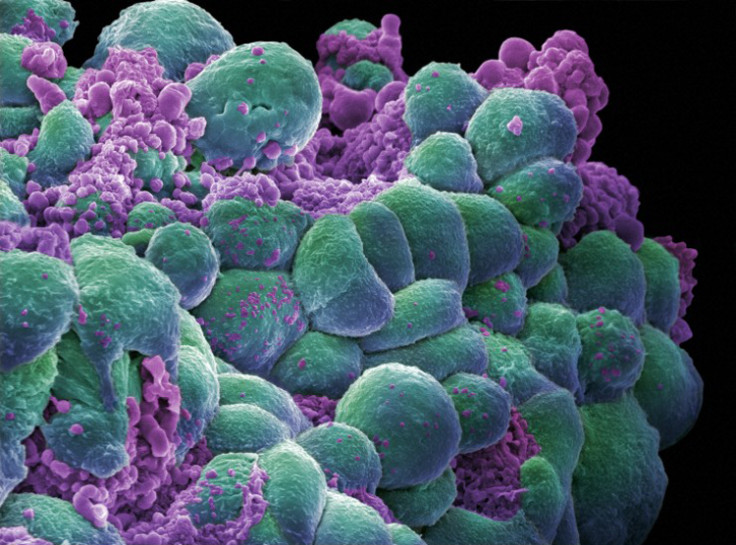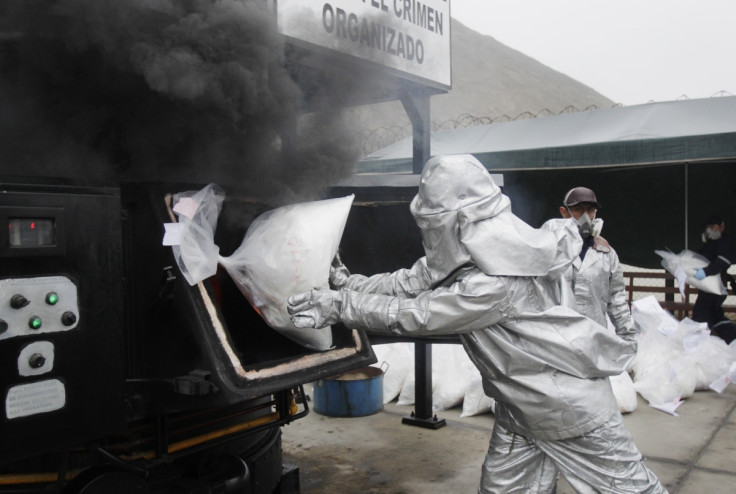New Year 2016: Five threats to humanity bigger than Isis

While for those living under the Islamic State's nightmarish tyranny in Iraq and Syria the group's threat is very real, its broader threat to humanity is perhaps overstated. The terror attacks from Beirut to Paris do show it can murder well beyond the caliphate's borders. And the militant group's slick and savvy media operation ensures its brutality hogs news headlines.
But IS (Isis/Daesh) is by and large a ragtag band of guerrillas which can just about hold on to territory in a part of the Middle East that had already been destabilised well before it took control. And the scale of the threat it poses to the world, though significant for many reasons, is smaller than other, bigger dangers to humanity we should all worry about much more.
So as we enter 2016, do not worry too much about these these grubby, gun-toting fanatics. Worry instead about these five far bigger threats to humanity in 2016 that the world must work together to defeat.
Climate change chaos

Backs were slapped in Paris at the COP21 summit on climate change when every country in attendance agreed to reduce greenhouse gas emissions with a number of concrete targets – the first time such a consensus has ever been reached. But agreement is one thing, implementation is another. The world still faces catastrophe after catastrophe linked to human-caused climate change. That means more floods and droughts, higher temperatures, more diseases like malaria, security crises, health-ruining pollution, and more – with the poorest in the world the hardest hit.
The World Health Organisation (Who) forecasts an extra 250,000 deaths a year from the effects of climate change by 2030. And the direct health costs alone will amount to $4bn (£2.6bn) a year. "Although global warming may bring some localised benefits, such as fewer winter deaths in temperate climates and increased food production in certain areas, the overall health effects of a changing climate are likely to be overwhelmingly negative," says the Who. "Climate change affects social and environmental determinants of health – clean air, safe drinking water, sufficient food and secure shelter."
Antibiotic apocalypse
Since the birth of antibiotics with the discovery of penicillin, and their mass production throughout the 21st century, the bugs they were designed to fight have been fighting back. New resistant strains of bacteria have evolved which antibiotics can no longer defeat – so-called "superbugs". Human over-reliance on antibiotics to treat common illnesses our bodies can cure without them has fuelled the rise of antibiotic resistance. Medical research is struggling to keep up. Experts say this is now a major public health concern. People will become sicker, many more will die from previously treatable illnesses, and treatment costs will soar, hurting public purses the world over.
In China, doctors discovered bacteria that a so-called the "drug of last resort" cannot kill off. This resistant strain is called the "MCR-1 gene" by scientists. "All the key players are now in place to make the post-antibiotic world a reality," Professor Timothy Walsh, a microbiologist of the University of Cardiff, told the BBC. "If MCR-1 becomes global, which is a case of when not if, and the gene aligns itself with other antibiotic resistance genes, which is inevitable, then we will have very likely reached the start of the post-antibiotic era. At that point if a patient is seriously ill, say with E. coli, then there is virtually nothing you can do."
Obesity epidemic

There is now a global obesity epidemic, reckons the Who. In 1995, there were 200 million obese adults in the world. By 2008, this had hit 500 million. Since 1980, obesity in adults has doubled. There are myriad health problems linked to obesity: cancer, heart disease, diabetes, osteoarthritis, and more. Millions of deaths every year are as a direct result of people being overweight or obese.
And the vast majority of people are obese because they have a terrible diet, with far too much sugar and fat, which is preventable by simply eating better and exercising more. Obesity brings enormous public health costs because of the additional care and treatment needed. In England, the chief medical officer Sally Davies believes that obesity among women is now so bad that it should be ranked among terrorism and flooding as one of the major threats facing the country.
Cancer crisis

In 2012 alone, there were 8.2 million cancer-related deaths worldwide and 14 million new cases. What's more, things are about to get worse. The Who predicts a 70% rise in the number of new cases over the next 20 years, despite the progress made by cancer research scientists in the treatment and prevention of its various forms.
There are five common risks associated with cancer: high BMI, not eating enough fruit and veg, not enough exercise, smoking and drinking too much alcohol. Much like with obesity, we can mitigate the risk of cancer by changing our behaviour. And it would be wise to do so because cancer is one of the biggest killers on the planet. Taking the 8.2 million figure, cancer killed 1,350 times more people in a single year than Islamic State did in 2014.
The Black Market

Illegal trading in you name it – guns, drugs, people, oil, antiques, etc – poses one of the biggest threats to humanity because this is how organised crime and terrorism funds much of its violent, deadly activities. Islamic State relies on illicit trading of the oil and antiques it has plundered from ancient Syria and Iraq for hard cash.
Central American gangs slaughter their way from village to town to city, leaving trails of innocent blood in their wake, thanks to their ability to sell drugs on the black market – in particular cocaine – to western hedonists. Eastern European criminal gangs traffic women for prostitution to work in illegal brothels. Counterfeit goods such as designer clothes manufactured by the tiny hands of child labour in far east sweatshops to be smuggled out and sold. All of this black market activity and more causes untold death and misery for humankind across the planet.
© Copyright IBTimes 2025. All rights reserved.




















